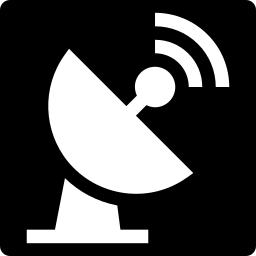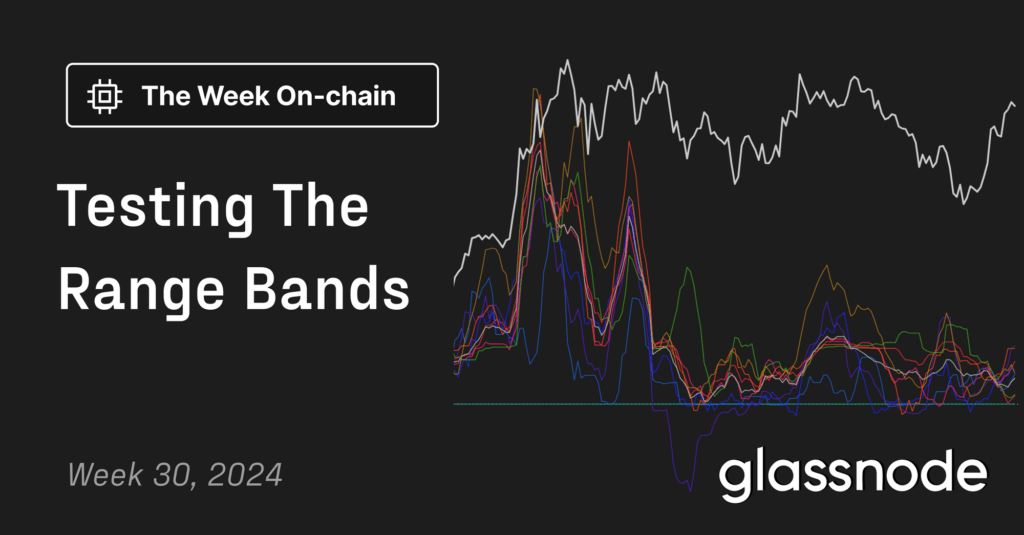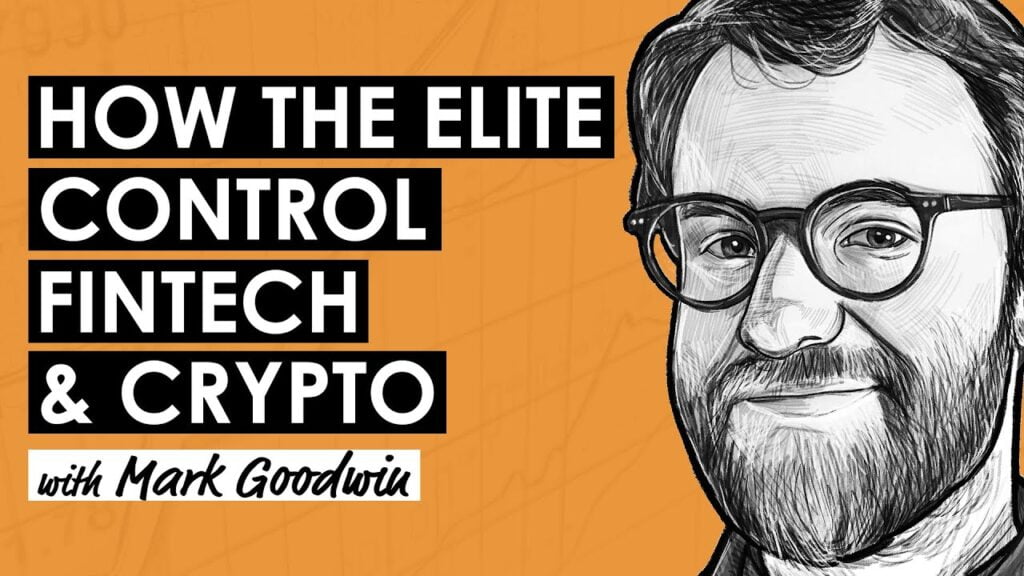Podcast Summary
This episode features an insightful discussion with Uma Roy from Succinct, a company focusing on zero-knowledge proofs (ZK). The conversation delves into the potential of ZK proofs in enhancing blockchain interoperability, privacy, and efficiency. The podcast also explores the economics of proving, the role of ZK in cross-chain transactions, and the future of ZK technology in the blockchain ecosystem.
Key Takeaways
Understanding Zero-Knowledge Proofs
- Concept of ZK Proofs: ZK proofs allow for the compression of complex computations into something that is easy to verify. They have a succinct property, meaning they can be verified in constant time, and a zero-knowledge property, where the verifier does not need to know all the inputs.
- Role in Blockchain: ZK proofs have implications for cross-chain interoperability and are being used in various applications and infrastructure, including bridging, rollups, privacy-focused apps, and identity applications.
Cost and Economics of Proving
- Decreasing Costs: The cost of generating proofs is currently decreasing, making it more accessible for entities like Figment or traditional node operators to participate in running proving networks.
- Economic Implications: The economics of proving vary depending on the application. For bridging, a ZK tender client is used to verify validators’ signatures, enabling trust-minimized bridging between networks.
Limitations and Solutions
- Malicious Forks: One limitation of ZK proofs is the potential for malicious forks in proof-of-work blockchains. To mitigate this, a liveness assumption is needed, where the light client is updated frequently with the latest blocks.
- Finality Delay: ZK proofs cannot increase Ethereum’s finality, so there is still room for cross-chain transactions to provide faster transfers. Ethereum introduced the sync committee, a randomly chosen subset of validators, to sign off on headers and provide a more manageable computation for ZK proofs.
Future of ZK Technology
- Adoption and Impact: The adoption of ZK technology is still in its early stages, with recent developments like sp1 and Risk Zero making it more accessible. The next six months to a year are expected to be impactful as these tools become live and usable.
- Role in Blockchain Architecture: ZK proofs add a new layer to the modular stack of blockchain architecture, alongside data availability, consensus, settlement, and execution. They will play a crucial role in blockchain interoperability and architecture.
Sentiment Analysis
- Bullish: The podcast presents a bullish sentiment towards the potential of ZK proofs in revolutionizing the blockchain industry. The decreasing cost of generating proofs, the increasing accessibility of ZK technology, and its potential in enhancing blockchain interoperability, privacy, and efficiency contribute to this positive outlook.
- Neutral: While the podcast acknowledges the transformative potential of ZK proofs, it also highlights the current limitations and challenges, such as the potential for malicious forks in proof-of-work blockchains and the finality delay in Ethereum. This balanced view indicates a neutral sentiment towards the immediate impact of ZK proofs.












